Content from the Brookings Institution India Center is now archived. After seven years of an impactful partnership, as of September 11, 2020, Brookings India is now the Centre for Social and Economic Progress, an independent public policy institution based in India.
This article first appeared in Live Mint. The views are of the author(s).
The 1968 Nuclear Non-Proliferation Treaty (NPT) is based on three myths: first, that nuclear weapons are an entitlement bestowed upon only a handful of countries that had tested a nuclear weapon before the treaty entered into force in 1970. Second, that the security of most of the world’s nations—indeed world order itself—is based on the possession of or protection by nuclear weapons. Third, that nuclear weapons cannot be banned and nuclear disarmament was only possible as part of a process of “general and complete disarmament”, implying that nuclear weapons might be the last to be disarmed.
These myths have been effectively challenged by the treaty on the prohibition of nuclear weapons or the Nuclear Prohibition Treaty (NPT), as it is being popularly called, which was voted into existence at the UN on 7 July. Of the 125-odd non-nuclear weapon states that participated in the negotiations, 122 voted in favour of the new NPT and only one state, the Netherlands—the sole North Atlantic Treaty Organization (Nato) representative which lives under a nuclear umbrella—voted against. Indeed, had the Netherlands not called for a vote, the treaty would have been approved by consensus. This move was a comic case of Dutch courage—a valiant but vacuous gesture.
The new NPT challenges the old NPT’s myth of entitlement by holding states that after 7 July “owned, possessed or controlled nuclear weapons or other nuclear explosive devices” responsible for “verifying the irreversible elimination of its nuclear-weapon programme” if they become parties to the treaty. In doing so, nuclear weapons have been devalued and are reduced to a liability rather than being treated as an asset.
Similarly, the fact that the majority of the 193 UN members voted for the treaty, including nearly a third of the Group of Twenty, nearly three-fourths of the Non-Aligned, and old NPT members, reflects that most countries do not depend on nuclear weapons for their security. In fact, the entire southern hemisphere is free of nuclear weapons.
To read more, please click here.
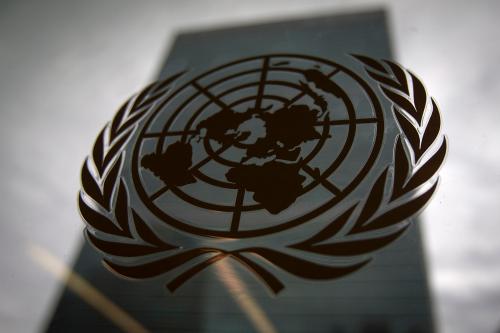
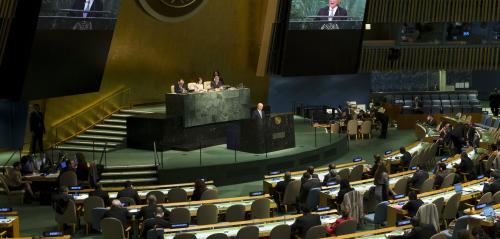

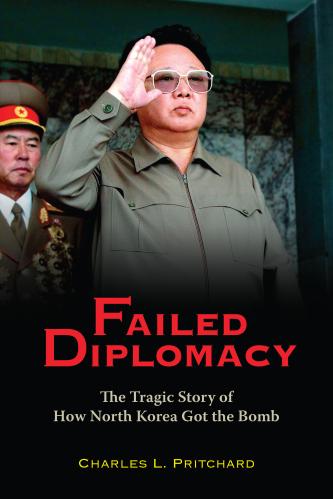
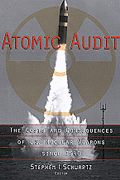
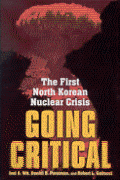
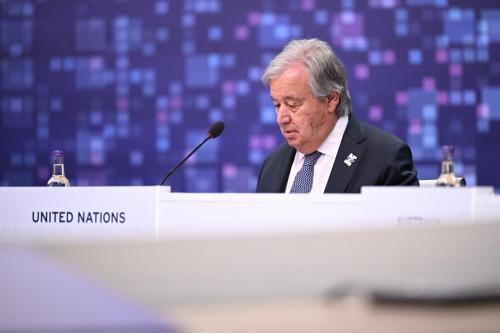

Commentary
Op-edThe birth of the new Nuclear Prohibition Treaty
July 17, 2017